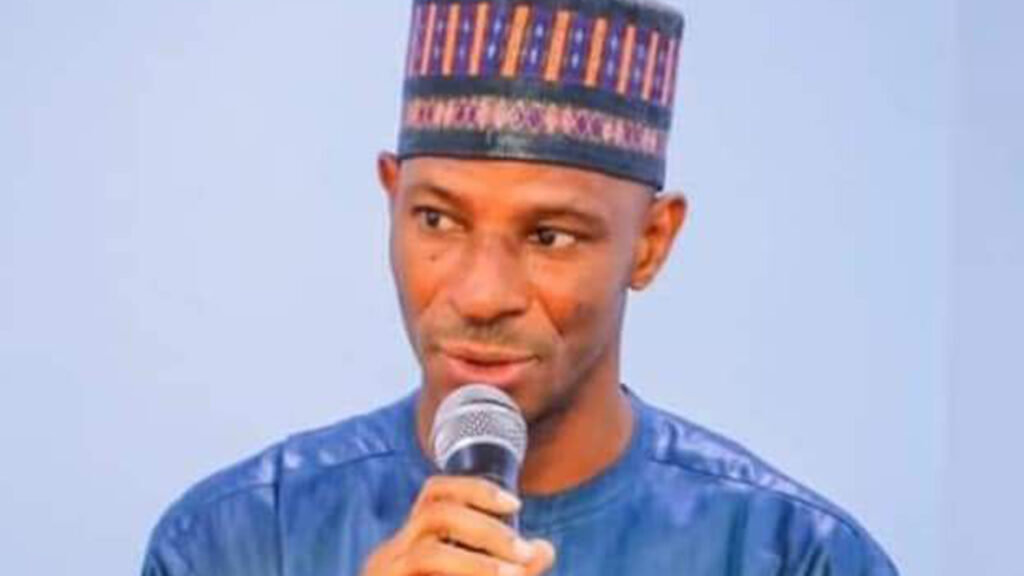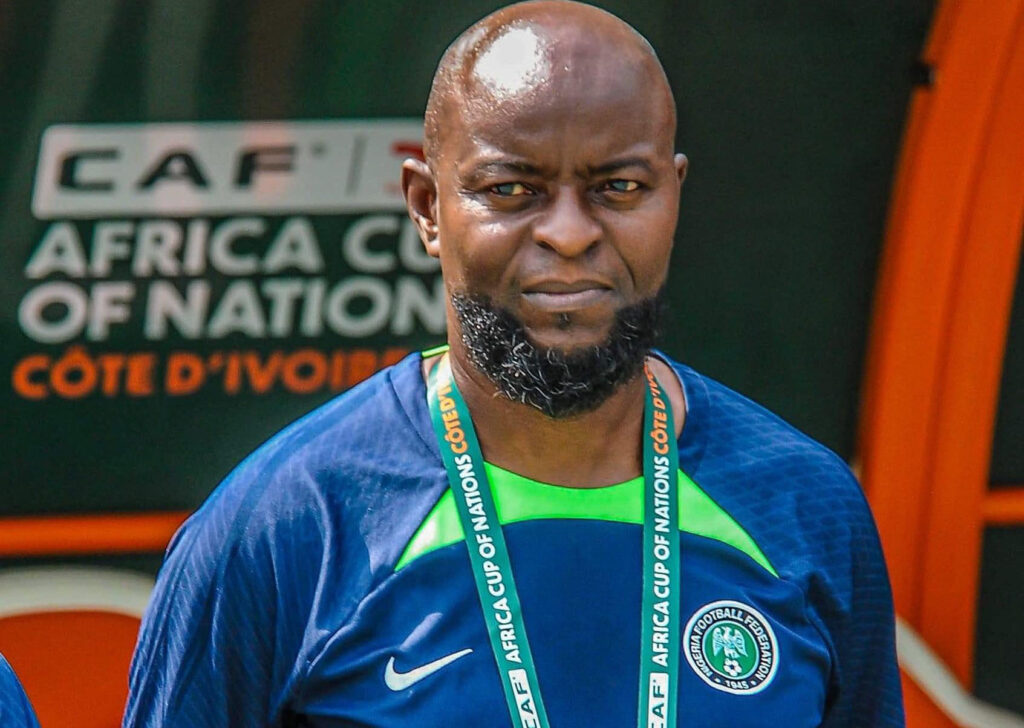
Ideally, Justice Ofili-Ajumogobia having been duly exonerated should be allowed to enjoy her constitutional right of innocence without aspersions. It appears that she only challenged NJC’s recommendations and not the dismissal itself. This may not be unconnected with the fact that the said recommendations constituted the substratum upon which the dismissal was made. Therefore, if the recommendations are nullified; the dismissal stands nullified as well. However, it would have been tidier to have had the court set aside the dismissal as it still remains unchallenged.
As discernible from the various court actions, it appears that the authenticity or otherwise of the allegations against Justice Ofili-Ajumogobia have not been properly determined by any court of competent jurisdiction. Apparently, all the judgments delivered in her favour were based on technicalities rather than merits. Questions have been asked as to why the NJC capitulated without appealing the decision of Justice Lewis-Allagoa, particularly given the fact it would not have indicted the learned judge if the EFCC had not substantiated its allegations with credible evidence. Nonetheless, the pertinent question to be answered is: whether the NJC has the constitutional power to reinstate Justice Ofili-Ajumogobia?
Ordinarily, since the honourable judge was dismissed by the President; her reinstatement ought to have been done by him as well. More so, no provision in the constitution clothes the NJC with the power to either appoint or remove judicial officers. The only constitutional role assigned to the NJC in the recruitment or removal process is to make the necessary recommendations to the President or Governors as the case may be. It therefore remains debatable that the NJC might have acted ultravires by reinstating Justice Ajumogobia in which case, the reinstatement may be a nullity.
Furthermore, the predisposition of the courts when determining matters involving judges is blatantly obvious. For instance, the Court of Appeal in Hon. Justice Nganjiwa’s case tactically clothed serving judicial officers with immunity against criminal charges. Whereas, there is no specific provision in the entire Constitution that empowers the NJC with the exclusive authority to initiate investigative and disciplinary actions against judges.
Section 158 (1) of the 1999 Constitution (as amended) which the Court of Appeal relied on simply provides that Federal Executive Bodies, inclusive of the NJC and the Code of Conduct Bureau (CCB), in carrying out their duties shall not be “subject to the direction or control of any other authority or person.” Meanwhile, in Section 1(3) (e), Part 1 of the Fifth Schedule, the Constitution provides that the CCB shall have the power to receive complaints and investigate public officers. A community reading of both Sections clearly shows that the CCB is also clothed with the vires to investigate judicial officers without making any recourse to the NJC and or any other body. It would then appear that other relevant investigative authorities are empowered to investigate judicial officer suo motu. This argument is purely academic as the position of law has already been settled by the Supreme Court. Nevertheless, any principle of law established to solely protect the interests of a particular class of people runs afoul of the spirit of the rule of law.
There is no doubt that the judiciary now, as in the years past, is invested with brilliant judges. Evidently, however, the caliber of officers in the current judiciary is not exactly the same as those in the era of Justices Akinola Aguda, Mohammed Bello, Kayode Eso, Chukwudifu Oputa, Adolphus Karibi-Whyte, Niki Tobi, Taslim Elias, et al. particularly in terms of rigorous and painstaking credentials and attitude to interpret the law with a view to attaining substantial justice. The bench is presently constituted of many persons who are less passionate about justice administration – they are more transactional than judicial. Nevertheless, it must be acknowledged that a considerable number of outstanding and incorruptible judges still exist and presently occupy the Bench. However, the bad eggs in the mix are “the little foxes that spoil the vine.”
The problem with the extant judiciary stems from its heavily monetised and politicised selection process. Unfortunately, recruiters no longer pay keen regard to competence and quality. Applicants are not subjected to proper background checks. It is not about what you know anymore but who you know. When Mr. Olumide Akpata, the immediate past President of the Nigerian Bar Association, lamented that potential Court of Appeal Judges could not answer basic law questions during screening, the President of the Court of Appeal calmly responded that “they will learn on the job.” To have inexperienced judges sit on the second highest bench in the land is a catastrophe! Sadly, when meritocracy is sacrificed on the altar of mediocrity, the entire nation, particularly the common man, bears the brunt.
The worst thing that can befall any country is to have a corrupt judiciary. No doubt, the Nigerian judiciary needs to undergo self-cleansing to redeem its image before the public. Litigants have the constitutional right to a fair trial and as such the temple of justice should be comprised of persons with impeccable and unimpeachable character. Judges should not stand on the same moral pedestal as their executive and legislative contemporaries – they should be the pacesetters. A situation where several judges have also been caught up in the web of corruption, albeit allegedly, is worrisome.
As postulated: “A judiciary’s legitimacy rests on the pedestal of public confidence and trust. A judiciary that cannot offer that trust loses the moral authority to sit in judgment over others.” Judges should constantly bear in mind that the court is the last hope for humanity; and that when that hope is dashed, a recourse to self-help, with the consequence of anarchy can be difficult to prevent. And in which event, Nigerians will not excuse the judiciary from the systemic failure of the country.










